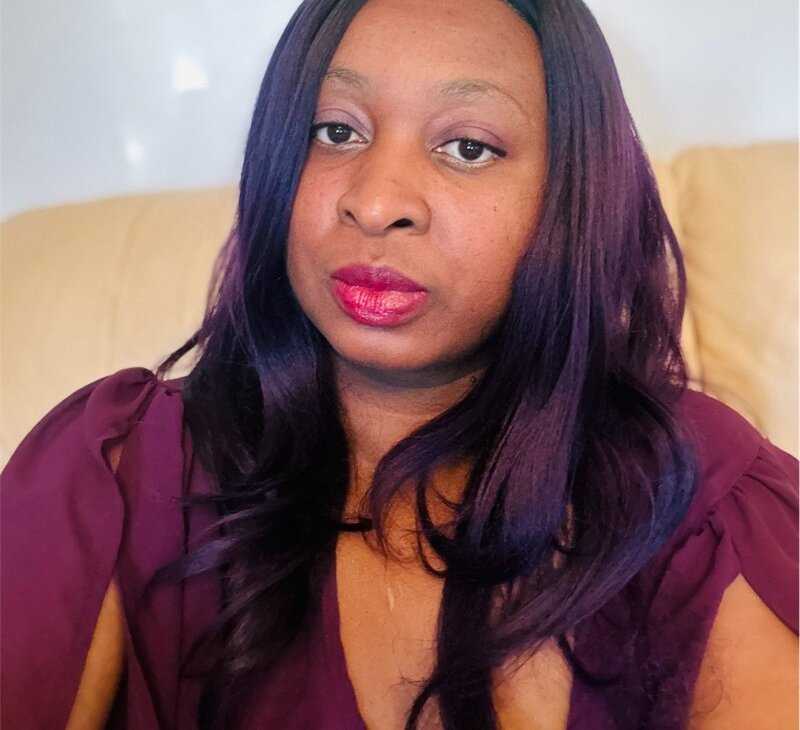
Vee Mapunde is Programme Director at the National Institute for Health and Care Research (NIHR) Surgical MedTech Co-operative. This is one of eleven NIHR funded Medtech and In vitro diagnostics Co-operatives (MICs), acting as a centre of expertise that focuses on clinical areas of high morbidity and unmet need for NHS patients.
Tell us more about your role at NIHR?
I’m currently the Programme Director for the Surgical MedTech Co-operative hosted by the Leeds Teaching Hospitals NHS Trust and the University of Leeds. I am responsible for developing the operations strategy, its management and implementation. This includes communications, business development and processes related to translational project selection.
What do you enjoy most about working in your sector?
It definitely has to be the variety and exposure to ground breaking technologies. No two days are the same, and no two technologies are the same. I get to learn something from all these interactions, which in turn helps me to understand how certain things work. As my first degree majored in material engineering, this sector actually completes the circle for me, in terms of how the theory around materials is applied in a healthcare setting.
How important is innovation within your role/sector?
Extremely important. Older technologies in this sector were typically developed out of necessity and pure functionality. The world has moved on from those days, and improving patient outcomes has become the holy grail for innovation. Innovation no longer has to be just functional, it also has to demonstrate that it contributes to an improvement in patient outcomes and quality of life. For example, open surgery used to be standard, until laparoscopic surgery came along which reduced hospital stay, enabled outpatient care for some cases and also reduced post-operative complications. The way I also look at it is, if I ever need to have some major intervention, I would like to think that I’ll be treated with something that will less invasive and something that does not have the potential to disrupt my daily routines and aspirations.
What professional achievement are you most proud of?
I recently found out that there’s non-UK company that attended an event where I presented and that contributed to the decision to have a UK base and build on UK collaborations. They have since secured additional funding and they are about to start some key product development work with our surgeons and patients. I’m particularly proud of that as most of the time you do not really think that what you are doing or saying is transformational, so getting the validation for that feels really good. It gives me more motivation to do the right thing.
What, if any, are the challenges of being a woman working in your sector?
From my perspective it’s probably self-belief and under-representation as it influences assumptions that can be made about your abilities and decision-making. There’s not a lot of women in this sector in roles beyond the typical admin function. This is reflected in the types of technologies that are currently available which either don’t take women’s physiology into account or are just antiquated (haven’t changed since the dawn of the 20th century). We do come across women innovators, and they often speak of the challenges in securing funding or simply being taken seriously, and I believe there are industry reports that back this up. I was one of five females on my undergraduate course and surgery is still dominated by men so I do understand representation on many levels, however I would also add that I have been very fortunate in working with and having the support male colleagues, who have often believed in my capabilities before I recognised them.
What advice would you give to other women working in your sector?
Include yourself. For a long time, we have been raised and taught to wait for an invitation and when I look back at the opportunities that have come my way, the one thing that has always worked is including myself. That means not being conscious about any visible, distinguishing characteristics in my interactions, and saying what I need to say. It might not always work out, but over time those that are present will know that I exist, I have a voice and am willing to use it, so it must be considered. I appreciate that some of this comes from my own personality as well, I can be very assertive. Where I’ve waited for an invite, I’ve often experienced frustration which leads to other things.
What will you be working on in the year ahead at NIHR?
The year ahead is exciting as I start my journey as Co-Director of the NIHR HealthTech Research Centre (HRC) for Accelerated Surgical Care in April 2024. It is an upgrade to the current NIHR MIC scheme which comes to an end in March 2024, and on a personal level, it pushes me further in terms of leadership capabilities. The HRC will have more moving parts than the MIC, and certainly more ambitious objectives. I will definitely be busy setting up an operational structure and strategies that will stand the test of time and deliver meaningful innovation for surgical patients.